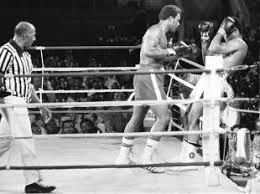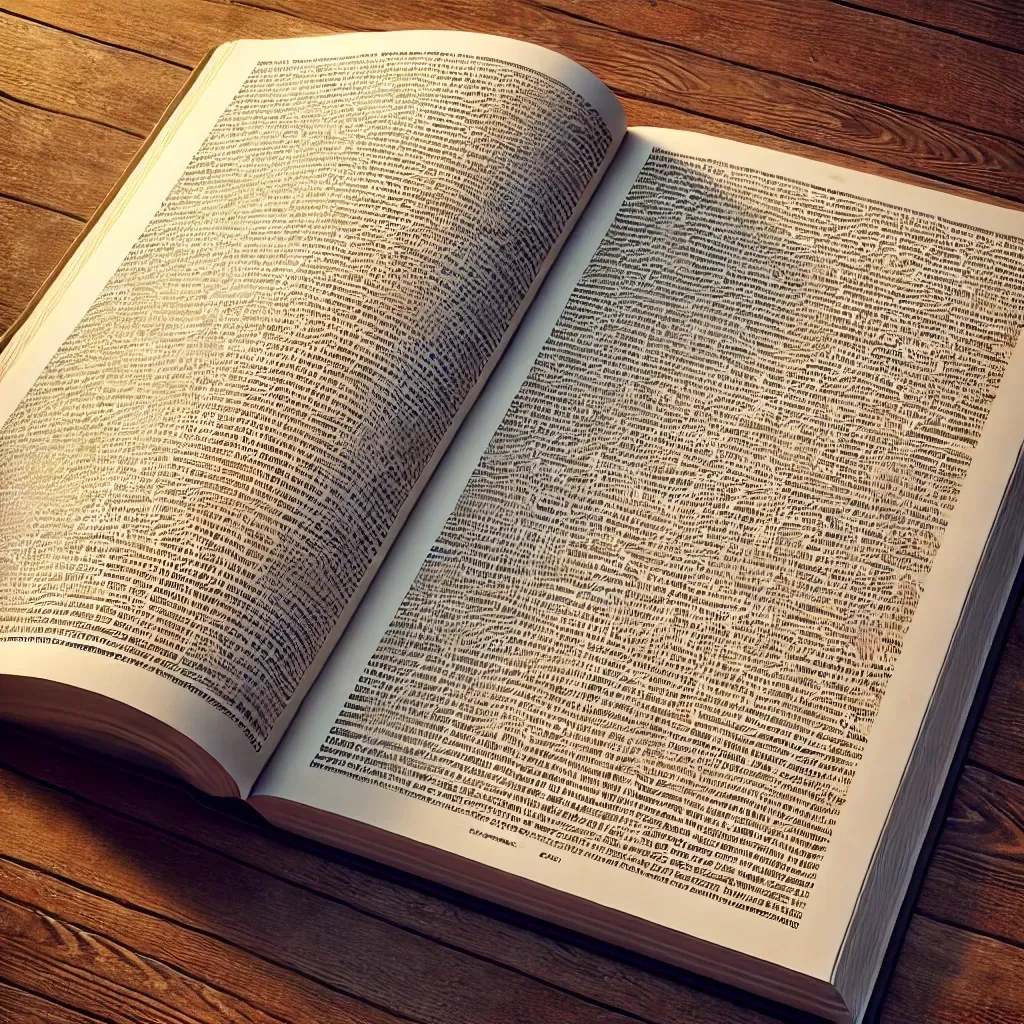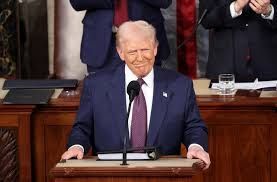Nib #46 — Of Course You Can Start a Sentence with And or But
One of the strangest obstacles adults face as they try to improve their writing is the nonsense they were taught in middle school.
“Never split infinitives.” “Never use contractions.” “Never end a sentence in a preposition.”
And worst of all: “Never start a sentence with and or but.”
Guys, this is not a rule. It’s not even a guideline. It’s just wrong.
Even the most Puritanical grammarian allows for linking independent clauses with coordinating conjunctions (IC, cc IC), like:
“Superman has super powers, but Batman does not.”
Well, what in the name of Strunk and White is the difference between that and:
“Superman has super powers. But Batman does not.”
There is no difference. It’s the exact same thoughts, the exact same words, expressed in the exact same independent clauses.
When you think about it as a matter of communication and clarity — instead of Pharisaical pedantry — there are lots of reasons a writer might want to start a sentence with a conjunction.
Maybe a sentence is too long, so the writer needs to break it up in the interests of readability. Maybe the writing’s rhythm demands an extra beat, an extra syllable, between two thoughts. Maybe a writer wants to emphasize the specific connection between two thoughts and so gives it pride of place and a capital letter.
Every human conversation more than a few minutes long features sentences starting with conjunctions. Shakespeare wrote them. So did the authors of the Bible, hundreds of times! And if it’s good enough for God…
The bottom line is that writing is hard enough without having to jump through make-believe hoops. Of course you can start sentences with and and but. And sometimes you should!
Until next week… keep writing!

All Rights Reserved 2024 Inkling Communications | Privacy Policy
Website Designed By Royals Advertising










